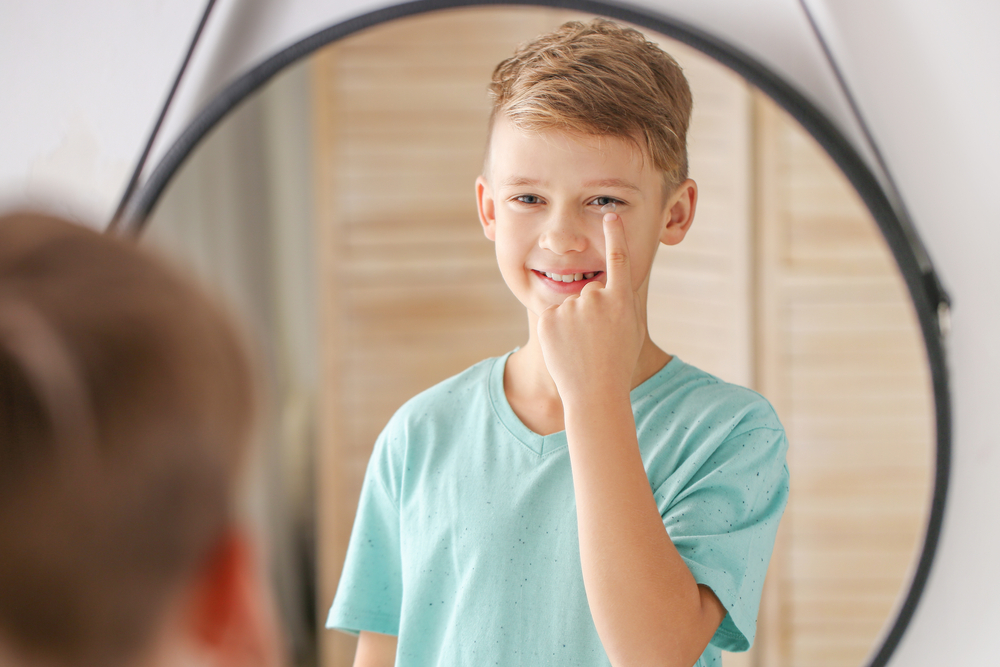
There are numerous options available for children who need vision correction. One such option is contact lenses. If your child has been diagnosed with a refractive error, contact lenses might be a suitable option.
Why Consider Contact Lenses for Your Child?
There are several reasons why you might consider contact lenses for children. Firstly, they can provide improved vision, particularly for children with high refractive errors.
Another reason to consider contact lenses is the boost in self-esteem they can provide. Some children may feel self-conscious wearing glasses, and switching to contact lenses can help alleviate this.
Factors to Consider When Choosing Contact Lenses for Children
When considering contact lenses for children, several factors come into play. Firstly, your child's prescription. Some prescriptions may not be suitable for contact lenses, so it's important to discuss this with your optometrist.
The second factor is your child's maturity and responsibility level. Can they handle the daily care and maintenance that contact lenses require? This includes cleaning the lenses, storing them properly, and following the recommended wearing schedule.
Another factor to consider is your child's lifestyle. Are they active in sports or other physical activities? Contact lenses may be a better option in these cases, as they offer better peripheral vision and eliminate the risk of glasses being broken during play.
Lastly, consider your child's comfort. Some children may not feel comfortable inserting and removing lenses, or they may experience discomfort while wearing them. It's crucial to ensure your child is comfortable with the idea of wearing contact lenses before making the decision.
Determining the Right Age for Contact Lenses
Determining the right age for contact lenses is a common question among parents. There is no definitive answer, as the right age can vary greatly from child to child. Some children may be ready for contact lenses as young as eight or nine, while others may not be ready until their early teens.
The most important factor in determining the right age for contact lenses is maturity. Your child must be able to handle the responsibility of caring for their lenses, including cleaning and storing them properly.
Your optometrist can provide guidance on whether your child is ready for contact lenses. They will consider your child's prescription, lifestyle, and comfort with the idea of wearing lenses before making a recommendation.
Types of Contact Lenses Suitable for Kids
There are several types of contact lenses suitable for kids. Soft contact lenses are the most common type and are typically the most comfortable for first-time wearers. They are also available in a variety of prescriptions and can correct most types of refractive errors.
Daily disposable lenses are a great option for children, as they eliminate the need for cleaning and storing the lenses. They are used once and then thrown away, reducing the risk of infection.
For children with high refractive errors or astigmatism, rigid gas permeable lenses may be a suitable option. These lenses are more durable than soft lenses and can provide sharper vision. However, they may take longer to get used to and may not be as comfortable as soft lenses.
Conclusion
Contact lenses for children are a safe and effective option for vision correction. They offer several benefits, including improved vision, increased self-esteem, and safety during physical activities. However, it's essential to consider several factors before making the switch, including your child's prescription, maturity level, lifestyle, and comfort.
For more information or to determine whether your child is ready for contact lenses, schedule an eye exam with our professionals at Dr. Richard E. Hults & Associates in our Elyria, Akron, Fairview Park, or Canton, Ohio, office. Please Call (440) 687-6055, (330) 252-7457, (440) 755-2857, (330) 252-7616 to book an appointment today.
















